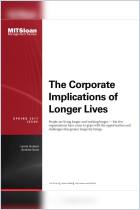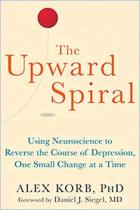
Read or listen offline
Recommendation
Human beings increasingly will live to 100 and beyond. Alas, societies are unprepared for prolonged longevity and are ignoring an impending crisis. In this World Economic Forum discussion, a panel of experts addresses the broad ramifications of graying societies. getAbstract recommends this ambitious yet somewhat meandering conversation to politicians, health care administrators and anyone responsible for paving the road to a harmonious, grayer future.
Take-Aways
About the Speakers
Nancy Gibbs is managing editor of Time magazine. Elizabeth Blackburn won the Nobel Prize for Physiology or Medicine in 2009. Lynda Gratton is a professor of management practices at the London Business School. Derek Yach is chief health officer of Vitality Institute. Thomas DeRosa is CEO of Welltower.























Comment on this summary or 开始讨论